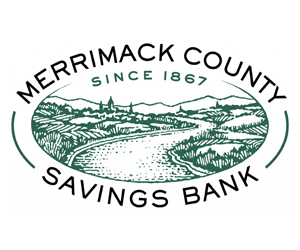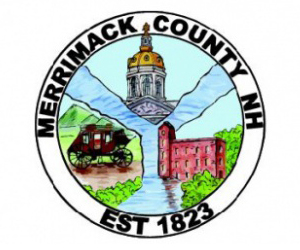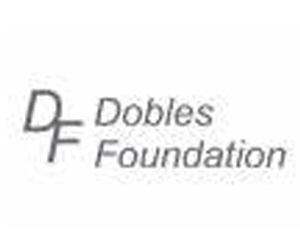Mentor one child...Enrich two lives.
Founded in 1975, the Friends Youth Mentoring Program provides at-risk youth ages 6-17 from Merrimack County with a mentor who serves as a positive role model and a supportive advocate. At the core of this healthy 1:1 relationship is the bond that is established. One parent, with three children in the program stated, “I’ve learned to ask for help, to trust in other people to share my children’s lives, and to appreciate kindness.”
 The Friends Youth Mentoring Program serves at-risk youth in communities within Merrimack County. Volunteers are recruited, screened, and trained to become mentors to school-age youth, ages 6-17.
The Friends Youth Mentoring Program serves at-risk youth in communities within Merrimack County. Volunteers are recruited, screened, and trained to become mentors to school-age youth, ages 6-17.
The Youth Mentoring Program gives encouragement and hope to youth referred to us by a network of partnering schools and organizations. Every child is unique - and their circumstances are, too. A child might need a little bit of help for one of many reasons - parental absenteeism, a medical condition, exposure to abuse or trauma, or a learning disability. A growing number of youth in the program are the children of refugees fleeing oppression in their countries. The majority of children and families served in the program live below the poverty level.
Mentors, just by being themselves, provide a wider window to the world and help children gain perspective; access to opportunities and new learning beyond their immediate neighborhoods. They are a dedicated group of individuals who care deeply about children and their communities. Their abilities and life experiences are great assets to a young person seeking an important, healthy, positive connection. Mentors encourage and celebrate successful outcomes. While naturally engaged in fun and/or interesting activities they impart encouraging words and applaud important esteem-building that serves children well during the 1:1 time and well-beyond. Mentoring has steadily been shown to help strengthen the life of a child at home, in school, and in the community.
“My boys have learned through their mentors that they can do anything. Their mentors have been great influences. My sons have made great connections. These are role models they can look up to and most importantly be themselves with.”
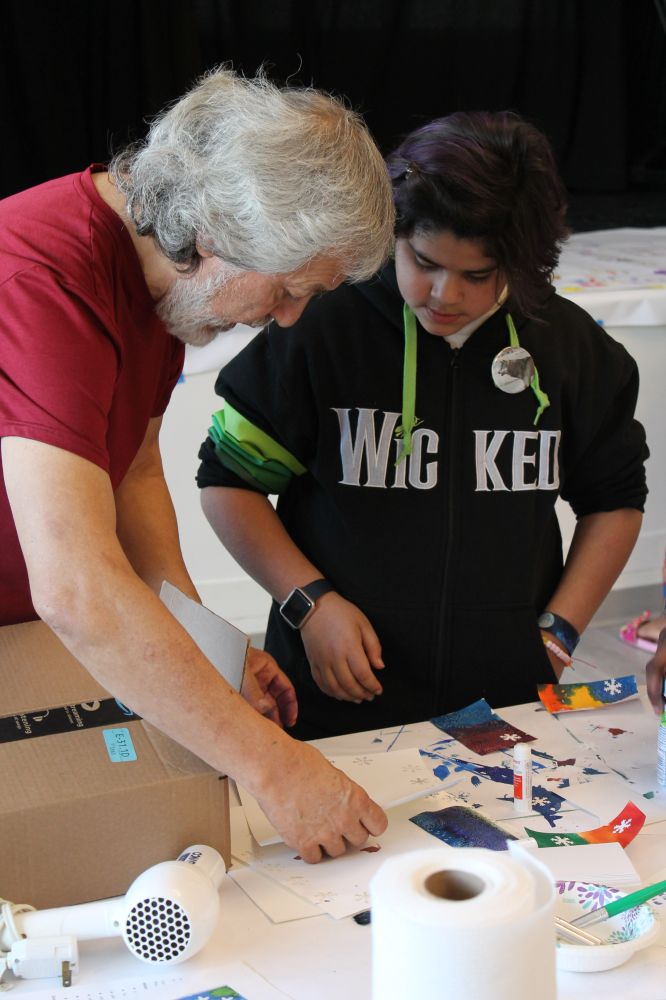 Mentoring relationships are life-changing. The past two+ years created significant educational and social disruption for children, with greater negative impact on children who were already at high risk. Youth have greatly reduced access to the adult-led learning opportunities necessary to develop self-esteem, developmentally appropriate coping mechanisms, and crucial decision-making skills. In addition, these children are at increasingly high risk for anxiety, depression and other emotional problems. According to Kids Count’s report in 2022, 18.5% of children in NH experience significant anxiety and depression, 2nd highest in the country (Kidscount 2022) and nearly 7 points higher than the national average. In fact, 35% of parents express that they are extremely concerned about their child’s mental health and studies reveal an 8% increase in social withdrawal and self-isolation. (Mckinsey, 2021)
Mentoring relationships are life-changing. The past two+ years created significant educational and social disruption for children, with greater negative impact on children who were already at high risk. Youth have greatly reduced access to the adult-led learning opportunities necessary to develop self-esteem, developmentally appropriate coping mechanisms, and crucial decision-making skills. In addition, these children are at increasingly high risk for anxiety, depression and other emotional problems. According to Kids Count’s report in 2022, 18.5% of children in NH experience significant anxiety and depression, 2nd highest in the country (Kidscount 2022) and nearly 7 points higher than the national average. In fact, 35% of parents express that they are extremely concerned about their child’s mental health and studies reveal an 8% increase in social withdrawal and self-isolation. (Mckinsey, 2021)
Research consistently shows that a key difference between successful and unsuccessful youth from lower-income communities is mentoring. A review of more than 200 studies concluded that, in order to successfully pass through adolescence, youth need access to safe places, challenging experiences, and caring people on a daily basis. Mentors provide these 3 key elements and improve self-esteem, serve as role models, and advocates.
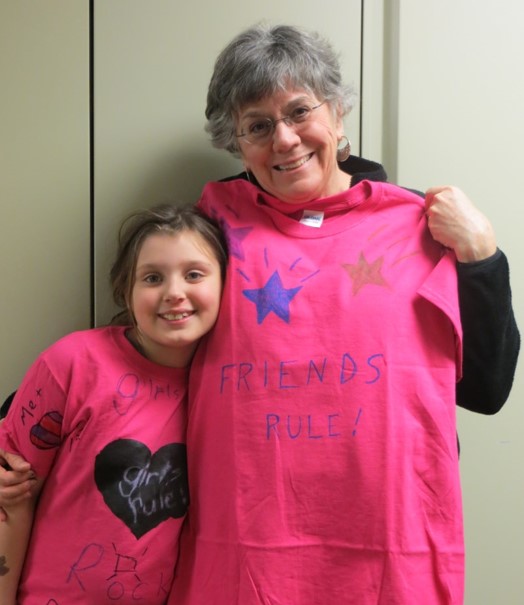 Mentors are caring, trusted volunteers who provide one-to-one support to the children in the program. Mentors, age 16 or older, help encourage the characteristics and capabilities of a young person in fun and meaningful ways, generally through a weekly commitment of time.
Mentors are caring, trusted volunteers who provide one-to-one support to the children in the program. Mentors, age 16 or older, help encourage the characteristics and capabilities of a young person in fun and meaningful ways, generally through a weekly commitment of time.
Mentors are screened, trained, and selectively matched with at-risk youth. Compatibility, complementary personalities, and proximity are all taken into account. Mentors are professionally supported throughout. The goal is for them to help children gain esteem, confidence, and coping skills that will encourage healthy choices and inspire the realization of goals and dreams.
One to One Matches:
Our staff members assess each volunteer mentor candidate to identify skills, talents, and interests that could be complementary to those of a child on our waiting list. The children are interviewed to ascertain their strengths, needs, and interests to maximize successful outcomes. We ask mentors to spend 2-4 hours with their mentee each week doing activities that they both enjoy.
Community Site based: We are fortunate to work with community partners to offer mentoring to youth in afterschool programs such as 21C and neighborhood schools. We have a special program for youth ages 6-10 at St Paul’s School. Click here for more information.
Project Based (Group Mentoring) Introduced in 2023 as a pilot program, group mentoring addresses the busy schedules of both mentees and volunteers and the social-emotional needs of middle school aged students. Project based mentoring is currently targeted toward youth in grades 5-8. Sessions run from 6-8 weeks and happen throughout the year.
Forms
Please select from one of the following forms.
Mentor Application Form | Referral Form for Families
Sponsors
